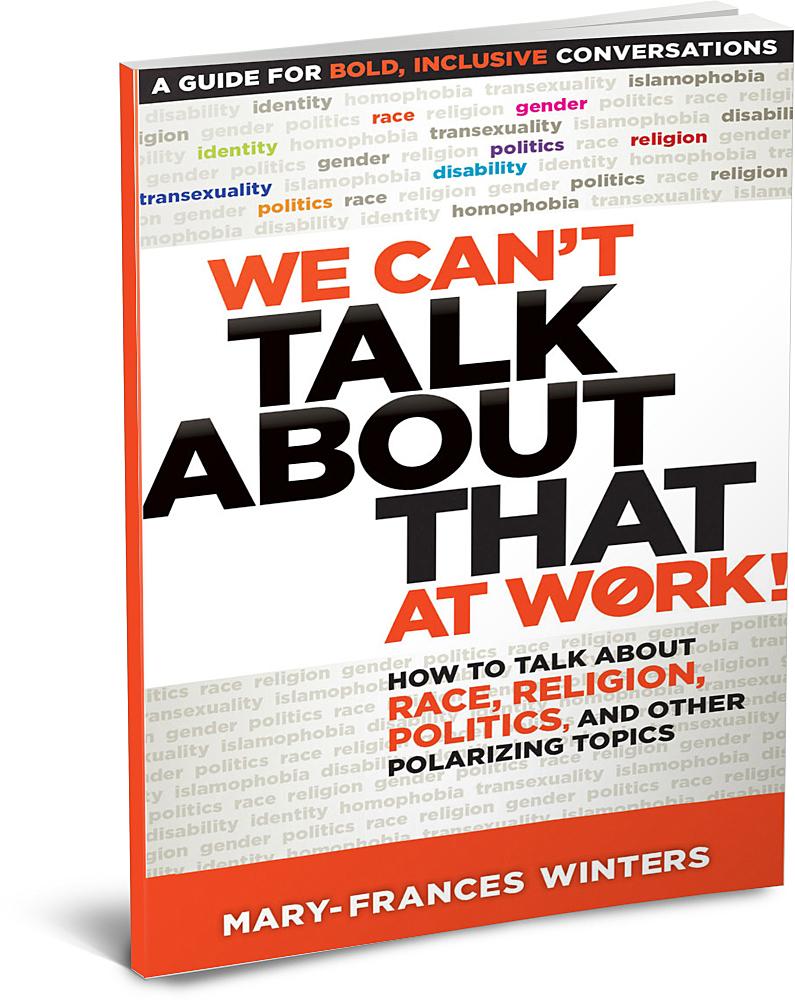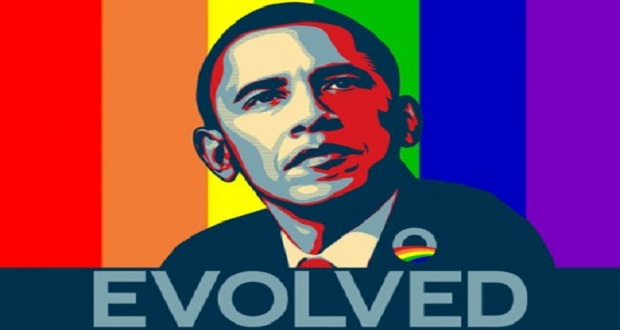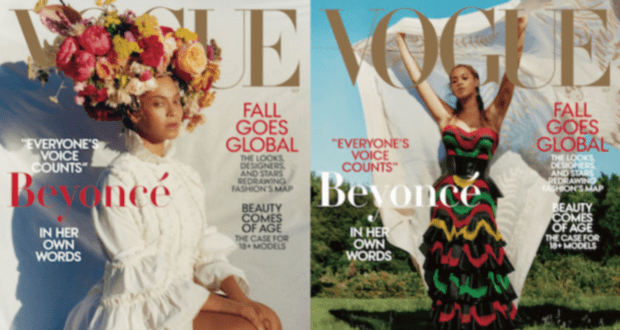
Over the past few weeks, we’ve highlighted strategies and tactics for engaging in bold, inclusive conversations. We started out underscoring the role of fostering self and other understanding, followed by a framework for assessing individual and organizational readiness. We shared guidance for preparing for the conversation, and how to get to a place of shared meaning or common ground. Last week, we shared more on delving into differences with the goal of reciprocal empathy.
This week, we end the series with a focus on sharpening inclusive habits. In her new book, We Can’t Talk About That at Work!: How to Talk About Race, Religion, Politics, and Other Polarizing Topics in the Workplace, Mary-Frances Winters encourages readers to approach this process as a journey. Living inclusively and honing one’s competence to engage in these conversations involves ongoing learning. Winters offers a list of “Inclusive Habits to Live By” as guidance for continuing one’s growth along this journey.
The word “habit” is defined as: an acquired behavior pattern regularly followed until it has become almost involuntary; customary practice. Perhaps, if there were an “end game,” to engaging in bold, inclusive conversations it’d be getting to a point where exuding these behaviors come natural. As with any other competence, skill, or habit, this will take practice.
Consider these behaviors when engaging in dialogue across differences, and practice modeling them. Above all, keep in mind that this process is a journey, not a destination.
|
|
|
We Can’t Talk About That at Work! is available for purchase! Purchase your copy or download an excerpt from the book.



















